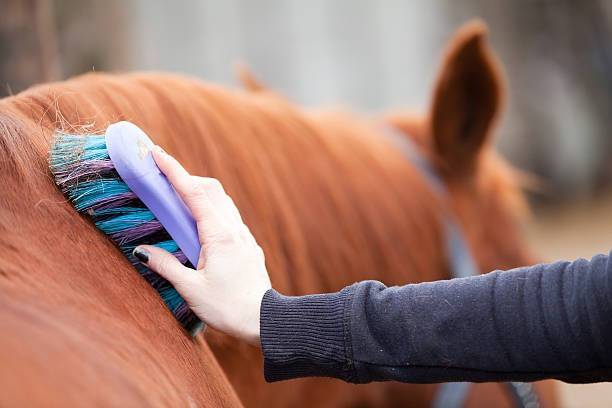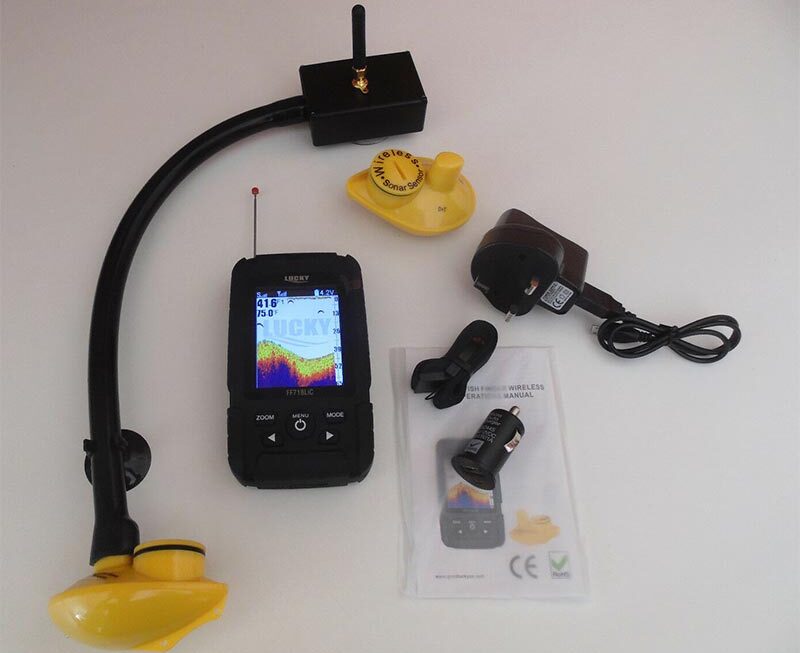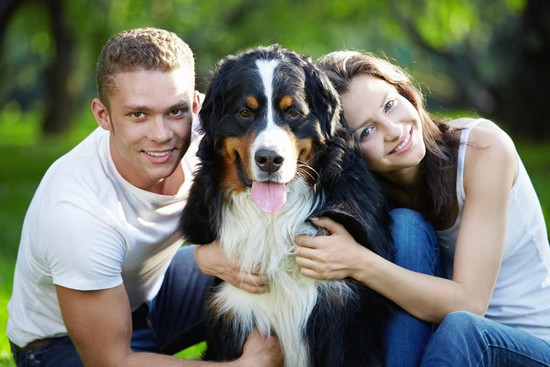Like any living thing, horses suffer from stress in some situations and practice certain behaviors to reduce it. This is what is cataloged in a study published in the journal “Scientific Reports” conducted by a team of veterinarians and ethologists including Paolo Baragli , Claudio Sighieri (Department of Veterinary Sciences) and Elisabetta Palagi (Department of Biology) of the University of Pisa and by Chiara Scopa of the National Reference Center for Assisted Interventions with Animals (director Luca Farina), Experimental Zooprophylactic Institute of the Venezie, Legnaro, Padua.
Researchers made a database of typical situations in which horses were subjected to stress. For example when a rider is demanding, when the horse is separated from the herd or when horses see something new in the environment.
Not only do horses get stressed out in certain situations but they practice certain behaviors to calm themselves down.
“For the first time we have defined and standardized a condition of stress in horses according to precise methods and timing, which has allowed us to identify those behaviors that horses use to calm down”, declared Paolo Baragli.
Behaviors known to those who are always in contact with horses and who focus on a type of natural approach with the animal, but which until now had never been cataloged on a scientific level.
Among the calming signals of horses are the most common such as the “snore”, a sound related to breathing similar to a deep inhalation. This is followed by “vacuum chewing”, that is to say vacuum chewing, with nothing in the mouth.
“The calming behaviors implemented by horses are a form of resilience, that is a strategy that allows you to better deal with certain situations characterized by an important negative emotional response, they are unconscious actions that have an effect on the autonomic nervous system, which allows the subject to balancing stress and trying to restore the internal balance of one’s organism, we humans also do it in some situations, for example by swinging our legs, gesticulating, rubbing our hands or curling our hair “. Chiara Scopa added.
Stress horses
The study examined 33 horses of different races, sexes and ages in some Italian stables. For more information, you can visite this site: https://horsecare24.com
Horses during the stress test were confronted with a balloon that suddenly inflated in their stall, remaining inflated for 5 minutes.
The behavior of the horses was consequently recorded, as well as the physiological data (heart rate and variability) were collected thanks to a heart monitor fixed on an elastic belt applied to the chest.
Snore and vacuum chewing have emerged among the most frequent behaviors. The first signal to calm down was the snore that appeared in the first minute of the horse’s reaction while the vacuum chewing was distributed over the 5 minutes of the test, which is a slower and more continuous action.
“The horse is one of the most common domestic and companion animals, as well as being used in playful-recreational activities and in assisted therapies and, despite the ever increasing attention, it is still difficult to define and recognize what are the signals that can help us to understand their real inner state “. Baragli recalls, adding that “behavior alone may not be enough and this study could therefore lead to the creation of behavioral guidelines, validated by the real activity of the autonomic nervous system, useful for all those who have to do with horses. and therefore also for the benefit of humans “.



